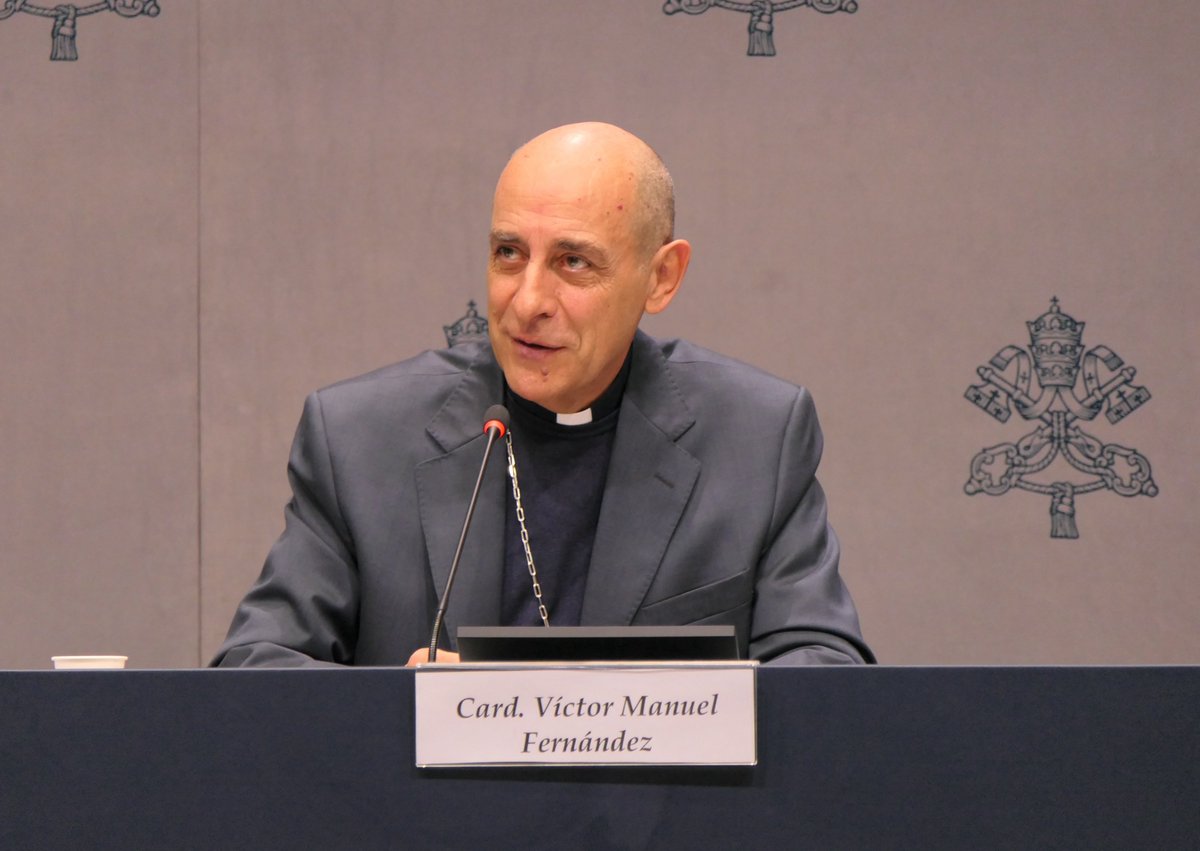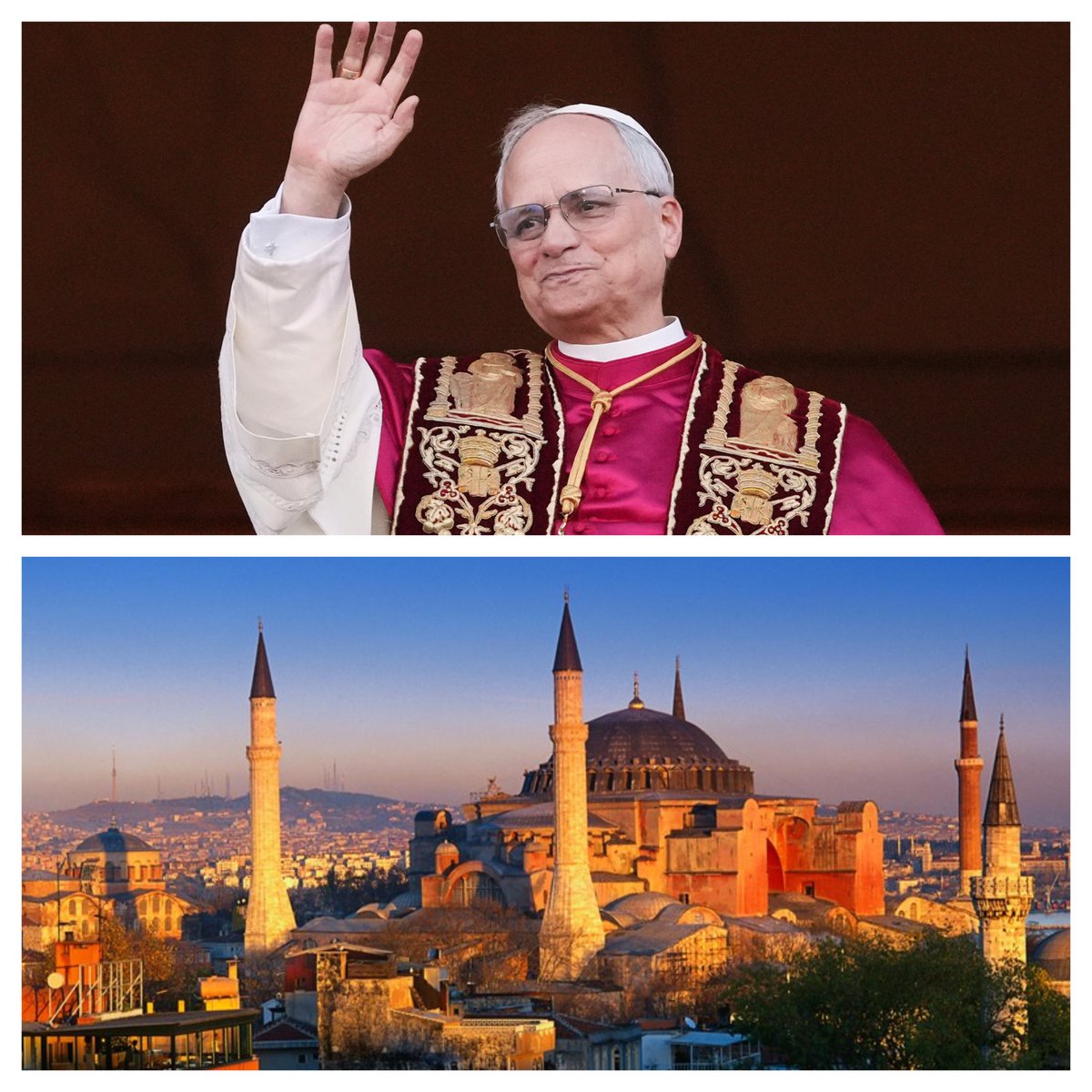Book endorsed by Pope Pius IX…
Curial Prelate Warns in 1872: Freemasonic Conspiracy Will Shake Church to Its Foundations

On May 15, 1956, Pope Pius XII published the magnificent encyclical Haurietis Aquas explaining and promoting devotion to the Sacred Heart of Jesus. In it, the Holy Father lamented that “both in the past and in our own times, this most noble devotion does not find a place of honor and esteem among certain Christians and even occasionally not among those who profess themselves moved by zeal for the Catholic religion and the attainment of holiness” (Haurietis Aquas, n. 8).
In our own day, among Novus Ordo souls devotion to the Sacred Heart has largely been supplanted by the false and dangerous ‘Divine Mercy’ devotion, once condemned in 1959. It was rehabilitated by the false pope John Paul II (r. 1978-2005) in his 1980 encyclical Dives in Misericordia. We who recognize the apostasy of the false popes and their Vatican II Church, however, have no such excuse to be negligent regarding the Sacred Heart.
A good way to learn about and/or rekindle devotion to the Most Sacred Heart of Jesus is a book published in 1872 by the French protonotary apostolic Msgr. Louis Gaston de Ségur (1820-1881), who had become a member of the Roman Curia under Pope Pius IX. This work has just been translated into English for the first time:
- The Sacred Heart of Jesus by Mgr. Louis Gaston de Ségur (#CommissionLink)
Mgr. de Segur’s book received the explicit endorsement of His Holiness, Pope Pius IX, whose letter of approbation (dated May 18, 1872), is included in the English edition. A direct endorsement from the Pope beats any imprimatur!
The following is an excerpt from the book that is of particular significance to us today. The author makes reference to Our Lord’s discourse in Matthew 24 regarding the end times and the things that must transpire before He returns in glory to judge the living and the dead:
Let there be no mistake, all the signs indicated by the Son of God in the twenty-fourth chapter of St. Matthew amass and unite, so to speak, with fearful evidence: the faith diminishes and goes away; the Gospel is preached almost everywhere; baptized societies have all apostatized; frightful wars and struggles of people against people and nation against nation terrify the world over; miracles spring up everywhere; a truly extraordinary mass of prophecies, many of which are certainly authentic, unite holy souls by a secret instinct; finally, the three mysteries which seemingly must serve as a refuge for the Church of God in the supreme tribulations, the mystery of the infallibility of the Pope, the mystery of the Immaculate Conception of Mary, and the mystery of the Sacred Heart of Jesus, tower over the universal tempest incited against all that is Catholic, bringing the true faithful the steadfastness of faith and obedience, the grace of innocence necessary for triumph, and the gift of absolutely divine charity, mercy, and reparation. Everything signals to us the more or less immediate approach of these “last times” predicted by the God of the Sacred Heart.
…Great crimes are going to be born from these great blasphemies: the conspiracy of anti-Christian Freemasonry is going to shake the Church to its foundations; a savage persecution is going to destroy Europe’s ancient Catholic institutions, and, appropriately beginning by way of France and Rome, it is going to chop off the head less of the most Christian king than of the most Christian monarchy, less of Louis XVI than of the eldest son of the Church; it is going to close the temples, massacre the priests and bishops, destroy the religious orders, raise a harlot above the altars, drag the Pope into exile and have him die therein; it is going to inaugurate a new society without faith, without God, without Jesus Christ; it is going to inaugurate and propagate throughout the entire world that immense blasphemy called the separation of Church and State; it is going to ruin the life of grace in millions and millions of souls.
(Mgr. Louis Gaston de Ségur, The Sacred Heart of Jesus, trans. by Ryan P. Plummer [St. Louis, MO: Lambfount, 2024], pp.35-36,38; underlining added.)
Have these things foretold by the 19th-century prelate not virtually all come to pass, even if not quite in the same fashion as he probably envisioned them? Of course we do not mean to suggest that Mgr. de Ségur was a prophet or had received some special revelation, nor that everything he predicted has actually taken place.
Rather, the French cleric’s predictions are a good reminder that the bizarre, chaotic, and disheartening times we are living through today were basically anticipated by the Church, much like Our Blessed Lord anticipated His Passion, Death, and Resurrection (see Mt 20:18-19). The reason why they were expected is that the catastrophic apostasy and the apparent ruin of the Church towards the end of time are part of the Deposit of Faith given by Christ to the Apostles. In fact, St. Paul hinted at it writing to the first Christians in Thessaloniki:
Do not let anyone find the means of leading you astray. The apostasy must come first; the champion of wickedness must appear first, destined to inherit perdition. This is the rebel who is to lift up his head above every divine name, above all that men hold in reverence, till at last he enthrones himself in God’s temple, and proclaims himself as God. Do not you remember my telling you of this, before I left your company? At present there is a power (you know what I mean) which holds him in check, so that he may not shew himself before the time appointed to him; meanwhile, the conspiracy of revolt is already at work; only, he who checks it now will be able to check it, until he is removed from the enemy’s path. Then it is that the rebel will shew himself; and the Lord Jesus will destroy him with the breath of his mouth, overwhelming him with the brightness of his presence. He will come, when he comes, with all Satan’s influence to aid him; there will be no lack of power, of counterfeit signs and wonders; and his wickedness will deceive the souls that are doomed, to punish them for refusing that fellowship in the truth which would have saved them. That is why God is letting loose among them a deceiving influence, so that they give credit to falsehood; he will single out for judgement all those who refused credence to the truth, and took their pleasure in wrong-doing.
(2 Thessalonians 2:3-11; Knox translation)
All this is also a good reminder that every war against the Catholic Church — especially the present one — is always and necessarily a war against the Pope (the Papacy). It is never — and could not possibly be — a war of or by the Pope against the Church!
Of this we are also reminded by Pope Pius XII, who wrote that his heart was “deeply grieved by the machinations of evil men who, as if instigated by Satan himself, are now more than ever zealous in their open and implacable hatred against God, against the Church and above all against him who on earth represents the Person of the divine Redeemer and exhibits His love towards men…” (Haurietis Aquas, n. 117).
When we reflect on this, we realize how important it is to identify the false popes — i.e., the ‘popes’ after Pius XII (d. 1958) — for the charlatans that they are, lest we unwittingly become complicit in this revolutionary war against the Papacy and the Church by emasculating, minimizing, ‘rethinking’, or in some other way denying the Catholic teaching regarding the Papacy, as so many recognize-and-resist traditionalists are tragically doing, in order to ‘fit them in’.
The famous English Oratorian Fr. Frederick Faber (1814-1863) once warned that the reason why the Antichrist would be so successful in deceiving the masses is that many good people would unintentionally help advance his cause while thinking themselves to be furthering the Kingdom of God. This shows that it is not enough to just ‘mean well and go to the Latin Mass’ to advance the true Roman Catholic religion; and that ignorance, even if not culpable, can have frightful consequences.
Let us heed the plea of Pope Pius XII, then, and practice and spread devotion to the Sacred Heart of Jesus, for “Christ Our Lord, [in] exposing His Sacred Heart, wished in a quite extraordinary way to invite the minds of men to a contemplation of, and a devotion to, the mystery of God’s merciful love for the human race. In this special manifestation Christ pointed to His Heart, with definite and repeated words, as the symbol by which men should be attracted to a knowledge and recognition of His love; and at the same time He established it as a sign or pledge of mercy and grace for the needs of the Church of our times” (Haurietis Aquas, n. 97).
Divine mercy and grace for the needs of the Church and for ourselves — how could we refuse such an offer?
Image source: composite with elements from Wikimedia Commons
Licenses: public domain





No Comments
Be the first to start a conversation